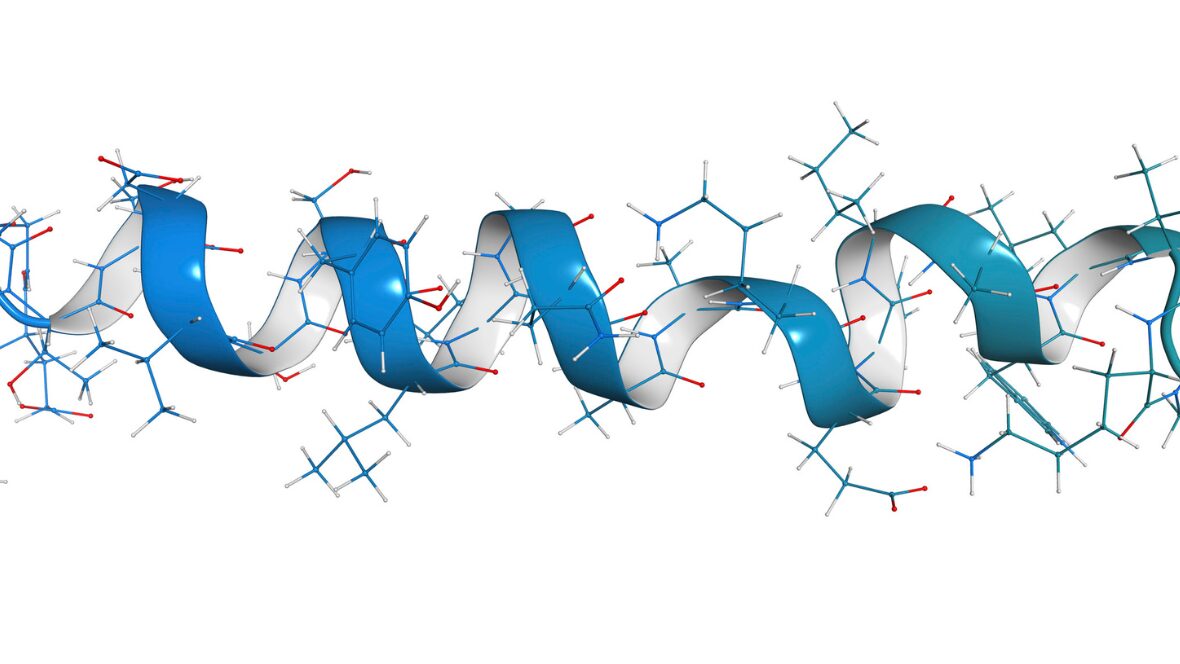Over the last few years, medications like Ozempic® (semaglutide), Wegovy®, and Zepbound™ (tirzepatide) have transformed the way clinicians approach obesity and metabolic health. Originally developed for diabetes management, these GLP-1 receptor agonists (and in the case of tirzepatide, a dual GLP-1/GIP agonist) help regulate blood sugar, slow gastric emptying, and powerfully reduce appetite.
The results can be dramatic: significant weight loss, improved blood glucose control, and reduced cardiometabolic risk. But here’s the catch—the medication is not a magic wand. Without the right lifestyle, nutrition, and functional medicine support, patients may face pitfalls like muscle loss, nutrient deficiencies, and rebound weight gain if treatment is stopped.
At Progressive Medical Center, we take a whole-person, integrative approach to help you get the best outcomes from these medications—safely, sustainably, and in a way that improves your overall vitality.
What GLP-1s Do (and What They Don’t)
GLP-1 medications mimic the natural hormone glucagon-like peptide-1, which:
-
Enhances insulin secretion when blood glucose rises
-
Suppresses glucagon (a hormone that raises blood sugar)
-
Slows digestion, leading to earlier satiety and appetite control
However, they don’t directly preserve muscle mass, improve nutrient intake, or fix sleep and stress patterns. That’s where integrative medicine makes all the difference.
Pitfall #1: Muscle Loss
One of the most common challenges with GLP-1 therapy is loss of lean muscle mass. When appetite is reduced, protein intake often drops. Without adequate protein and resistance training, patients risk losing strength, metabolism, and long-term weight stability.
Our recommendation:
-
Prioritize 1.0–1.2 grams of protein per kilogram of body weight (adjusted individually).
-
Incorporate strength training 2–3x per week to preserve lean mass.
-
Consider targeted supplements (creatine, branched-chain amino acids) under guidance.
Pitfall #2: Micronutrient Deficiencies
Many patients on GLP-1s naturally eat less—but less food means fewer micronutrients. Over time, this can lead to deficiencies in iron, B vitamins, vitamin D, magnesium, and trace minerals.
Diagnostic testing at Progressive can reveal gaps early. Based on your results, we may recommend:
-
Daily multinutrient support with physician-grade formulations
-
Specific add-ons (e.g., methylated B-complex for mood/energy, magnesium glycinate for sleep, omega-3s for cardiometabolic health)
-
Periodic IV nutrient therapy when deeper replenishment is needed
Pitfall #3: Digestive Side Effects
GLP-1s commonly cause nausea, bloating, or constipation. While these often improve with time, functional medicine can support the gut through the transition:
-
Fiber + hydration: Aim for 25–30g fiber/day with gradual increases.
-
Probiotics: Certain strains may ease bloating and improve microbiome balance.
-
Ginger or peppermint tea: Gentle natural supports for nausea.
-
Digestive enzymes: Useful when meals are smaller but denser in protein or fat.
Pitfall #4: Stress, Sleep & Hormones
Weight is about much more than calories. Stress, sleep deprivation, thyroid imbalance, and sex hormone changes all influence outcomes. We integrate:
-
Sleep optimization (circadian rhythm support, NightLase® therapy for snoring/sleep apnea when indicated)
-
Stress resilience tools: breathwork, adaptogenic herbs, mindfulness
-
Hormone evaluation: Thyroid, cortisol, and reproductive hormones—particularly in perimenopause/menopause
Building a Sustainable Strategy
Medications can be an incredible catalyst, but long-term success requires a playbook beyond the prescription. Our integrative framework includes:
-
-
Protein-forward, anti-inflammatory meals
-
Balanced carbs and healthy fats
-
Chrononutrition (meal timing that supports metabolism)
-
-
Targeted Fitness
-
Resistance training to preserve muscle
-
Zone 2 cardio for mitochondrial health and fat oxidation
-
Mobility work to prevent injury and improve quality of life
-
-
-
Micronutrient analysis
-
Comprehensive hormone panels
-
Metabolic and mitochondrial function assessments
-
-
Ongoing Coaching & Accountability
-
Lifestyle coaching
-
Meal planning strategies
-
Data integration from wearables (CGMs, HRV monitors, sleep trackers)
-
The Bottom Line
GLP-1 medications like Ozempic, Wegovy, and Zepbound are powerful tools, but they work best when paired with a comprehensive, integrative medicine plan. With the right strategy, you won’t just lose weight—you’ll gain strength, energy, and resilience for the long run.
At Progressive Medical Center, we specialize in functional medicine programs that optimize GLP-1 therapy outcomes. Whether you’re considering these medications or already on them, we’ll help you protect your muscle, balance your nutrients, and build a plan for sustainable health.
Schedule your Integrative Metabolic Consultation today — take the first step toward results that last.







